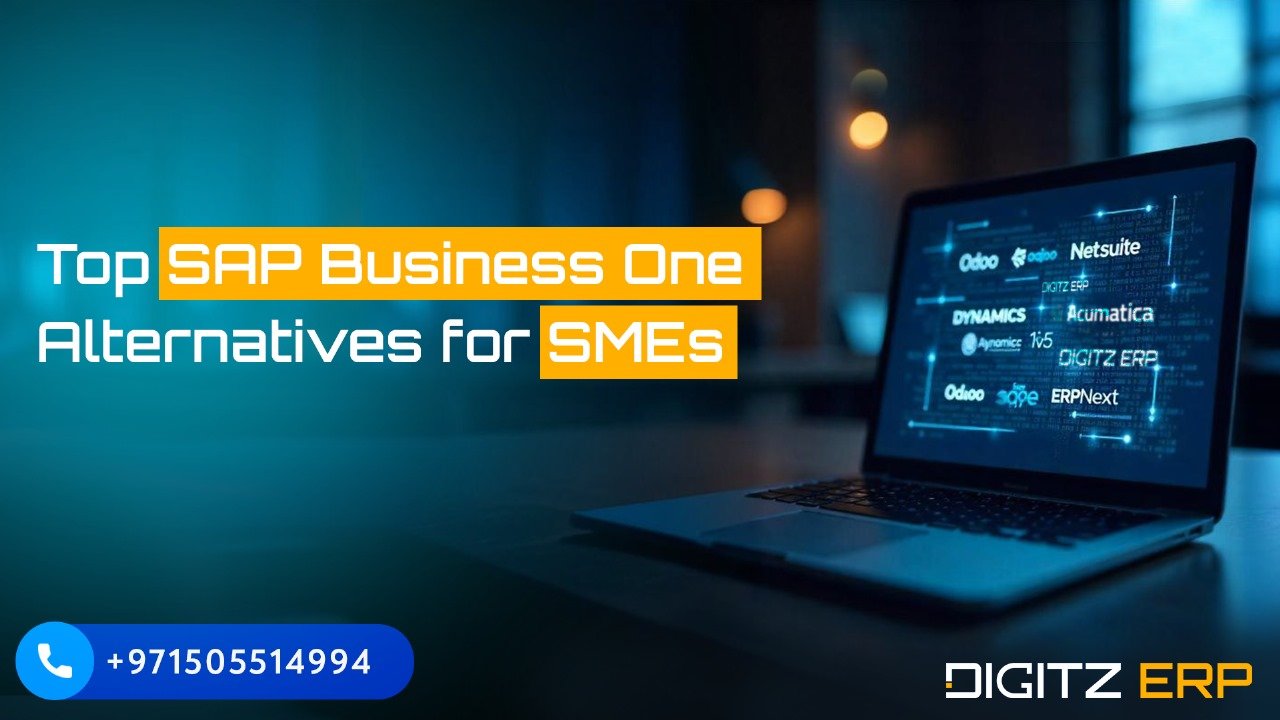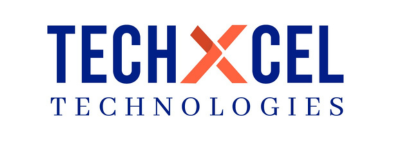Small and medium enterprises (SMEs) face unique challenges when choosing enterprise resource planning (ERP) software. SAP Business One is a popular option, but it’s not the only game in town. For SMEs seeking cost-effective, flexible, and scalable solutions, here are the top alternatives to SAP Business One:

1. Digits ERP
Digits ERP Software is your ultimate solution for optimizing business operations, ensuring efficiency, and driving growth. Combining stability and innovation, it empowers enterprises to thrive in today’s dynamic business environment while safeguarding their core value.
Key Benefits:
- Comprehensive tools for streamlining operations.
- Scalable for businesses of all sizes.
- Focused on stability and innovation to support growth.
- Easy to implement with excellent support resources.
- Digits ERP guarantees a 100% Implementation Success rate, ensuring businesses experience seamless onboarding and integration with minimal disruption to their operations.
2. NetSuite ERP
NetSuite ERP, by Oracle, is a cloud-based solution tailored to growing businesses. It offers robust features, including financial management, inventory tracking, and customer relationship management (CRM).
Key Benefits:
- Scalable architecture for growing companies.
- Real-time data insights and analytics.
- Seamless integration with other Oracle products.
3. Microsoft Dynamics 365 Business Central
Microsoft Dynamics 365 Business Central provides an all-in-one ERP and CRM solution for SMEs. It is highly customizable and integrates seamlessly with Microsoft Office products.
Key Benefits:
- User-friendly interface.
- Tight integration with Office 365 and Azure.
- Extensive partner network for support and customization.
4. Odoo
Odoo is an open-source ERP platform known for its flexibility and modular approach. SMEs can pick and choose from a wide array of modules, such as accounting, inventory, and eCommerce.
Key Benefits:
- Cost-effective, with a free community edition.
- Highly customizable and adaptable to various industries.
- Active open-source community for support.
5. Zoho ERP
Zoho ERP, part of the Zoho ecosystem, is designed for small businesses seeking simplicity and integration with other Zoho apps. It offers modules for inventory, accounting, and sales.
Key Benefits:
- Affordable pricing.
- Strong integration with other Zoho products.
- Easy to implement and use.
6. Acumatica
Acumatica is a cloud-based ERP solution focusing on usability and flexibility. It’s a great choice for SMEs in industries like manufacturing, distribution, and retail.
Key Benefits:
- Unlimited user licensing model.
- Industry-specific modules and customization options.
- Strong focus on usability and mobile access.
7. ERPNext
ERPNext is another open-source ERP solution that caters to a wide range of industries. It’s particularly appealing to SMEs due to its affordability and ease of use.
Key Benefits:
- Free for self-hosted versions.
- Comprehensive features, including HR, CRM, and project management.
- Active developer community.
8. Sage 100cloud
Sage 100cloud is a robust solution ideal for small and medium businesses looking for a desktop-based ERP system with cloud connectivity.
Key Benefits:
- Strong accounting and financial management tools.
- Scalable for mid-sized businesses.
- Excellent support and training resources.
Conclusion
While SAP Business One remains a powerful ERP option, these alternatives offer compelling features tailored to SMEs. Choosing the right ERP system depends on your specific business needs, budget, and industry requirements. Whether you prioritize cost-effectiveness, customization, or scalability, one of these solutions could be the perfect fit for your enterprise. Conduct a thorough evaluation, seek demos, and consider your long-term growth when making your decision.

